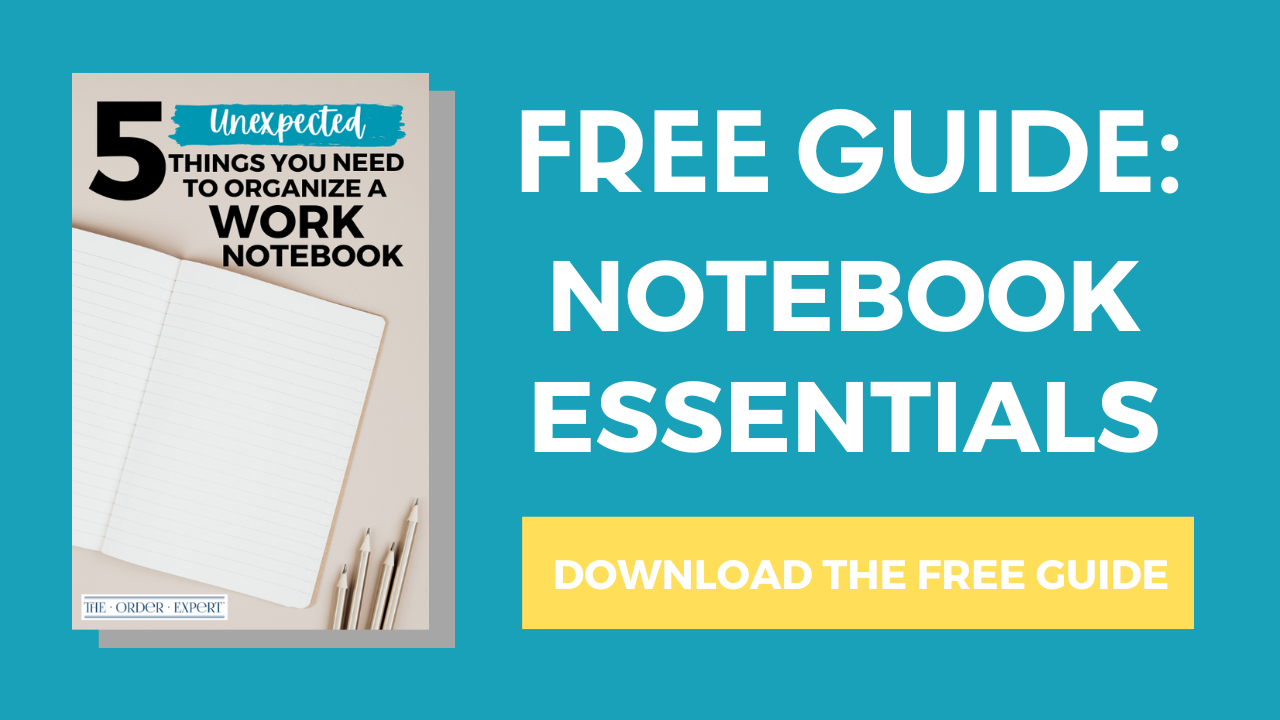
Have you ever wondered if there’s an easy way to save time using the art of observation?
Do you want to better manage your time without working harder or putting in more hours?
I’m going to share with you an easy way to save time, each and every day.
And the best part? The process is not difficult or complicated in the least.
It’s all about observing the world around you!
Paying attention to your immediate environment is just as important as paying attention to time.
How can you save yourself loads of valuable time on a daily basis?
You need to know where to look and how to put your newfound knowledge to good use.
The following tips will help you open your eyes to all the wonderful time-saving possibilities around you…right now.
Pay attention to your immediate surroundings.
You can learn a lot simply by observing your immediate surroundings. All you have to do is focus your attention and use your senses.
For example, is it quiet or noisy where you are sitting right now? Is the temperature warm or cool?
What do you see in front of you? What odors do you smell? What time of day is it?
If you’re not used to observing your immediate surroundings, then you’re in for an adventure! Try paying attention to your immediate surroundings whenever you’re out and about in the world.
You can put this to use the next time you’re waiting for an elevator, when you’re sitting at your desk, or even when you’re walking down the street.
Identify a problem or issue to solve.
Take time to observe the world around you. It’s a great start.
But did you know, you can use your discoveries to help you solve a small, time-related problem? It’s as easy as keeping your eyes wide open and putting your thinking cap on.
Here’s how to get started: think about a small issue that’s currently bothering you in your immediate environment. How can you save some time, effort, and energy related to this issue?
Let’s say you and your coworkers order lunch from a local restaurant every Friday. Unfortunately, your food order is delivered later and later to your office.
Ideally, you’d like to receive your food by noon. What’s the problem you’d like to solve? It’s simply: “How do we get our food delivered to the office by noon?”
Conduct some general research.
Now that you’ve got your problem in hand, it’s time to do a little detective work. Conducting research isn’t difficult: you just need to know which questions to ask…and then ask them.
You can conduct your research through any method necessary: via phone, via online research, or simply by speaking with someone who can help solve your problem.
In our example above, you may decide to call the restaurant directly. You can ask something like the following: “When’s the best time to place our lunch order so we can have our food delivered by noon?”
The restaurant phone person suggests you place your order by 11 A.M. Armed with this newfound knowledge, you can collect and place your lunch order by that time.
And just like that, you’ve instantly solved your time problem! That’s not too bad for conducting a little bit of research, now is it?
Be open-minded to new experiences and situations.
It’s not always possible to pinpoint a time problem that needs solving. Sometimes, a time management solution comes to you without any conscious preparation or research on your part.
Keep an open mind and continually observe your surroundings. You truly never know what you might learn!
For example, let’s say you decide to go to the post office early one morning. You typically go to the post office during your lunch hour, so this is a different experience for you.
When you arrive, you’re flat-out amazed: there’s absolutely no line for the clerk window! You suddenly realize you can save a huge amount of time by going to the post office in the morning…and not spending your entire lunch hour standing online in a queue.
How about you? How have you used your powers of observation to better manage your time? Join the conversation and leave a comment below!





0 Comments